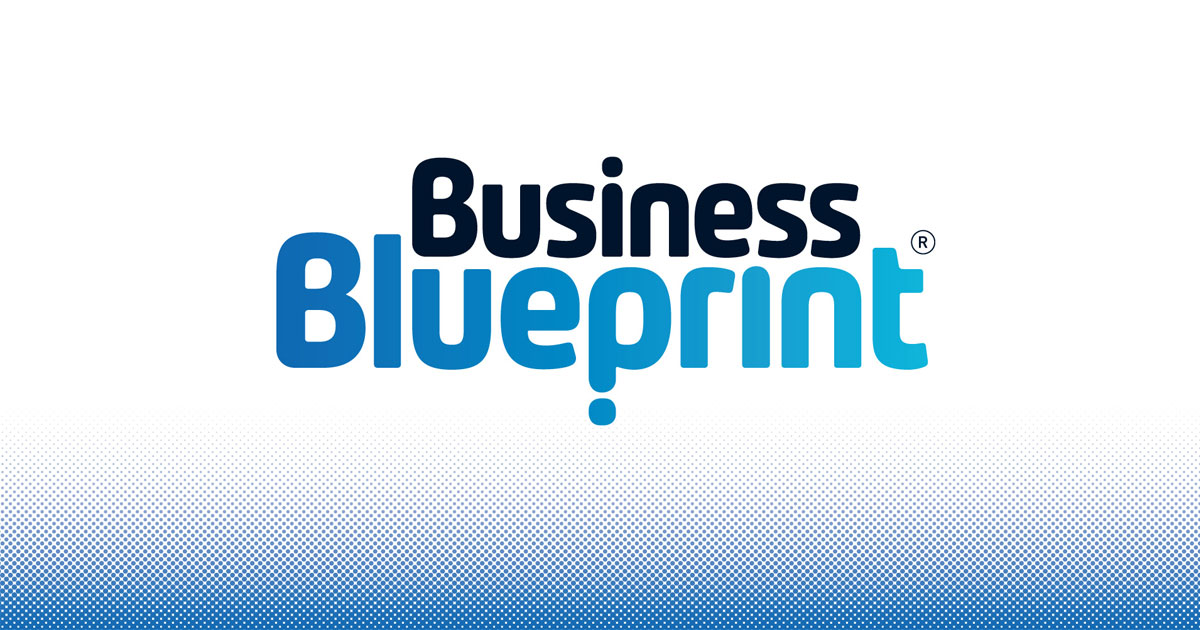Everyone wants a successful sales team. However, not all businesses actually experience this success. So, what does it take to have a successful sales team? Find out the characteristics of such a team in this snippet from an interview between Dale Beaumont and Tony Gattari.
In March 2002, Tony stepped down as CEO of Uniqueworld to set up a new company, Achievers Group Pty Ltd. Some of his large business clients include, Cisco, Australia Post, Domayne, LG Electronics, Mortgage Choice, Rebel Sport.
What are the characteristics of a successful sales team?
From my time at Harvey Norman and working with over 90 businesses since then, these are some of the characteristics I have found that make a successful sales team.
- You must have a common goal – in sport it is to win, in business it could be the mission or targets to achieve. The key questions are: do you have a mission? If so, what is it? Does it include your team? Does it inspire them?
- You must have a winning culture – in business this needs to be clearly defined and displayed in all team manuals. Concepts for inclusion may be ownership, excellence, commitment, fun and balance. Do you have a culture? What values do you wish your team members to display?
- You must have a strong leader – this is usually the owner or a nominated operator who lives the culture, knows the boundaries, coaches and guides towards the common goal, is congruent with all these points and stretches the team members to perform above their comfort levels.
- You need 100 per cent involvement from everybody – when it comes to involvement there can be no excuses. You cannot afford to take passengers onboard who bring the morale of the team down or participate in sabotage operations to undermine the leader (this is very important!). In my experience, this is one of the major parts of building a champion team that most business owners find difficult to solveachieve.
- Develop an incentive program based around a simple philosophy – reward team members when they achieve goals and penalise them when they don’t. Incentives drive employee priorities and therefore their behaviour. If you can align their priorities (and focus) with your business goals, then you will be able to create a real team.
- You need to be supportive of risk-taking – imagine if a champion football player was told by their coach to stick to the rules and to not try any fancy stuff as because it may not work out. It would make a pretty flat team. You must have an environment where risk-takers and creative team members are able to blossom within the boundaries, rules and culture of the business without the fear of losing their jobs.
- You need clear job descriptions, roles and duties – team members often become unfocused simply because they are not sure of what they are meant to be doing. What’s worse is business owners who say, ‘I have no idea what Mary really does, but if she left we would be in trouble!’ How stupid is that? Before you hire anyone, you should establish what their role is.
- Hire people that already have the passion and heart – all too often we recruit people based on their qualifications, resume or what they look like, only to find that they are unmotivated and have no driving passion. You can always train and teach skills (especially with great systems and training) but you can’t easily instil passion. If possible, wait for the right person and don’t just grab anyone. Be wary of family members, friends, or friends of friends. Where possible put them through the recruitment system and get an independent check.
- Teach them how to sell – coach your staff on how to sell, how to build positive relationships with customers, and how to increase the dollar value of each transaction. Coach your sales team to become problem solvers, not just order takers.
For more of this interview check out Dale Beaumont’s “Secrets of Top Sales Professionals Exposed!“.


